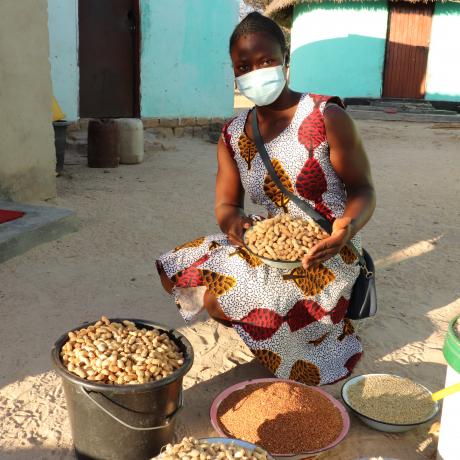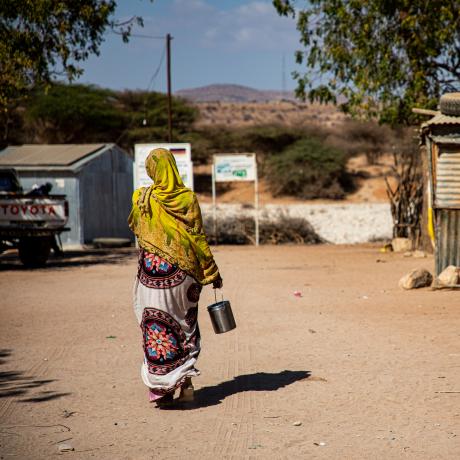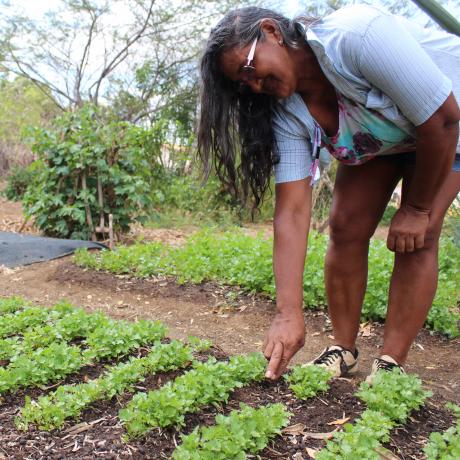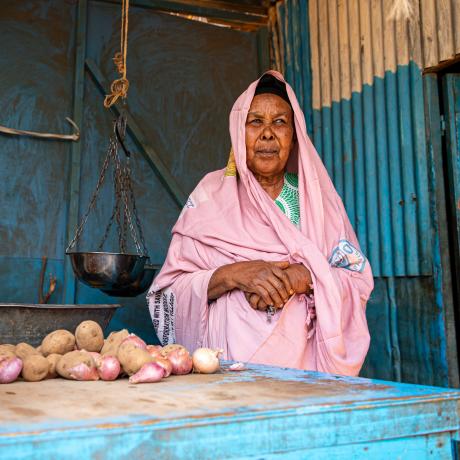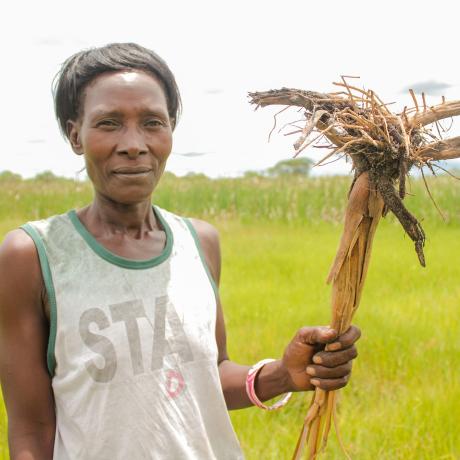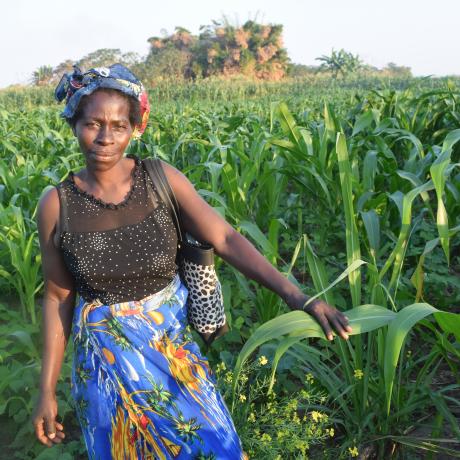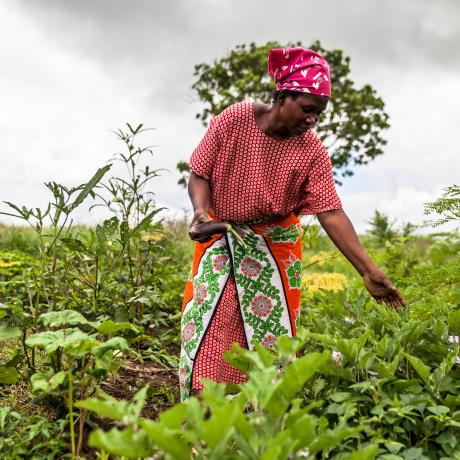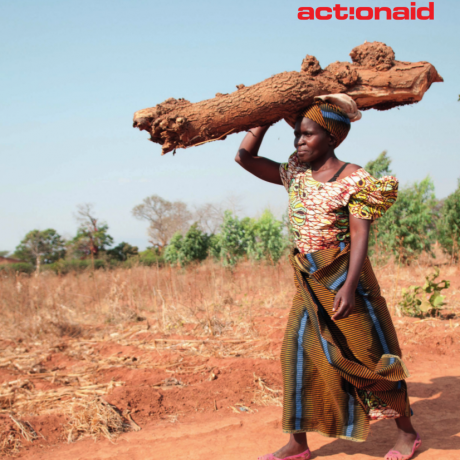Covid-19 Food Crisis: Monitoring research
ActionAid’s Covid-19 Food Crisis Monitoring research explores how measures to control the pandemic are affecting the lives of women smallholder farmers across 14 countries in Asia and Africa.
Doubly Devastating: Local communities disproportionately affected by food, fuel, and fertiliser price rises
The fallout from Russia’s invasion of Ukraine is being felt globally as disruption to supply from two of the world’s major exporters of wheat, maize, fuel and fertiliser is causing prices to soar.
Respecting, protecting, fulfilling the right to food in times of Covid-19
This post by Ruchi Tripathi, head of resilient livelihoods and climate justice, ActionAid International, looks at the systemic failures of the international economic system in relation to food
New research: Local food and fuel prices more than triple in some of the world’s most at risk communities
The cost of food, fuel and fertiliser in some of the world’s poorest communities is soaring, with families spending double, triple and in some cases nearly four times what they were paying before
Will the UN Food Systems Summit really solve hunger and climate change?
The UNFSS has been revealed to be a huge waste of time and resources. The summit is diverting the attention of policymakers and the public away from what is urgently needed to transform the global
Protecting the grass under elephants
To mark International Day of Rural Women, Fletcher Simwaka, communications officer at ActionAid Malawi, makes the case for a strong, gender-just binding UN treaty to ensure transnational companies
Trade deal negotiations must be paused during the Covid-19 crisis
ActionAid and hundreds of other organisations have called for trade deal talks to be suspended during the Covid-19 crisis. This post explores why.
The wrong model for resilience
The G7-backed African Risk Capacity (ARC) drought insurance policy was an experiment that failed Malawi, and in particular its women, in the face of a drought that need not have become a disaster. The
